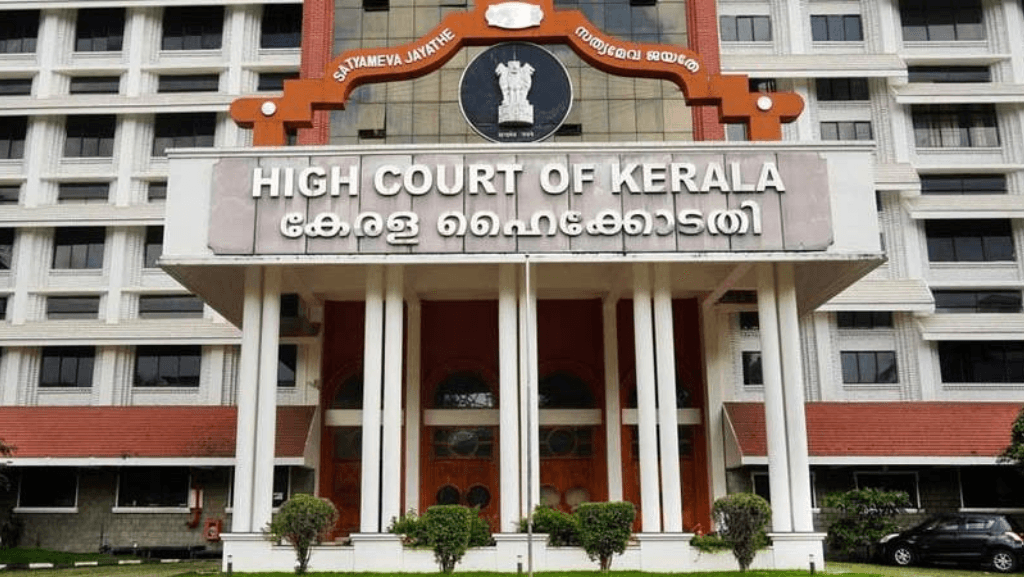
Kerala Government Defends Court Fee Hike Amid Economic Pressures
Kerala Defends Court Fee Hike, Citing Economic Strain & Judicial Sustainability State argues revision was data-driven and crucial amid inflation and fiscal pressures
Facing legal scrutiny and public backlash, the Kerala State Government has defended its recent court fee hike, asserting before the Kerala High Court that the revision was a necessary fiscal step amid rising inflation, a depreciating rupee, and an increasing burden on the judicial infrastructure.
The court fee revision, which came into effect in early 2025, has sparked multiple petitions challenging its legality and proportionality. Petitioners, including lawyers' associations and public interest groups, argue that the hike imposes an unreasonable burden on litigants and undermines access to justice. However, the government maintains that the increase was both data-driven and constitutionally sound.
Economic Rationale Behind the Hike
Appearing before a division bench of the Kerala High Court, the state counsel argued that the court fee adjustment was made under the recommendations of an expert committee constituted in 2023. The committee evaluated historical data, inflationary trends, and the impact of a weakening Indian rupee on the state’s ability to sustain judicial expenses.
According to government records, Kerala's annual expenditure on judiciary-related infrastructure and salaries has increased by nearly 70% over the last decade, while court fee collections have remained relatively stagnant.
“In real terms, due to inflation and the falling value of the rupee, the existing fee structure—last revised in 2010—was severely outdated and incapable of supporting even basic court operations,” said a senior officer from the State Law Department.
Public Interest vs. Fiscal Sustainability
The petitions argue that the court fee hike violates Article 39A of the Indian Constitution, which guarantees equal access to justice. Some petitioners assert that for low-income litigants, especially in civil disputes and land matters, the revised fees make litigation financially prohibitive.
However, the State rebutted this claim, stating that pro bono legal services, Legal Services Authorities, and fee waivers for economically disadvantaged litigants remain in place and unaffected by the revision.
The government further cited a report from the Finance Commission of India, noting that only 0.07% of Kerala's GDP is currently allocated to the judiciary, making self-sustaining revenue models through court fees a crucial necessity.
Comparative Legal Standpoint
Legal experts point out that Kerala is not alone in revising court fees. States like Maharashtra, Tamil Nadu, and Karnataka have implemented similar upward revisions in recent years, tying court fee structures to consumer price indices and economic growth rates.
Kerala High Court’s Interim Observations
While hearing the batch of petitions, the Kerala High Court noted that access to justice is a constitutional mandate, but also acknowledged the financial constraints of running a modern judiciary. The bench has not granted a stay on the fee revision, but it has sought further data from the government on the methodology used for calculating the hike.
“We will not allow judicial functioning to be commodified, nor will we ignore the economic realities of maintaining a robust court system,” observed the bench.
The court directed the state to submit a comprehensive affidavit detailing fee band changes, exemptions for marginalised groups, and whether any sunset clauses or revaluation mechanisms are in place for future revisions.
Expert Insight
Sunil Ambalavelil, Chairman of Kaden Boriss and a seasoned Indian lawyer, shared his perspective on the issue:
“Court fee hikes are a global phenomenon, especially in economies facing inflationary pressures and public sector funding deficits. The key lies in maintaining proportionality—ensuring that fees align with service delivery without obstructing justice.”
Awaiting Final Verdict
The Kerala High Court is expected to hear final arguments in the coming weeks. Legal observers believe the outcome could set an important precedent for how states balance judicial access and fiscal autonomy, especially in the post-pandemic economic landscape.
For now, litigants, legal professionals, and policymakers await clarity on whether the 2025 court fee revision will withstand constitutional scrutiny or require legislative recalibration.
For any enquiries or information, contact info@thelawreporters.com or call us on +971 52 644 3004. Follow The Law Reporters on WhatsApp Channels.